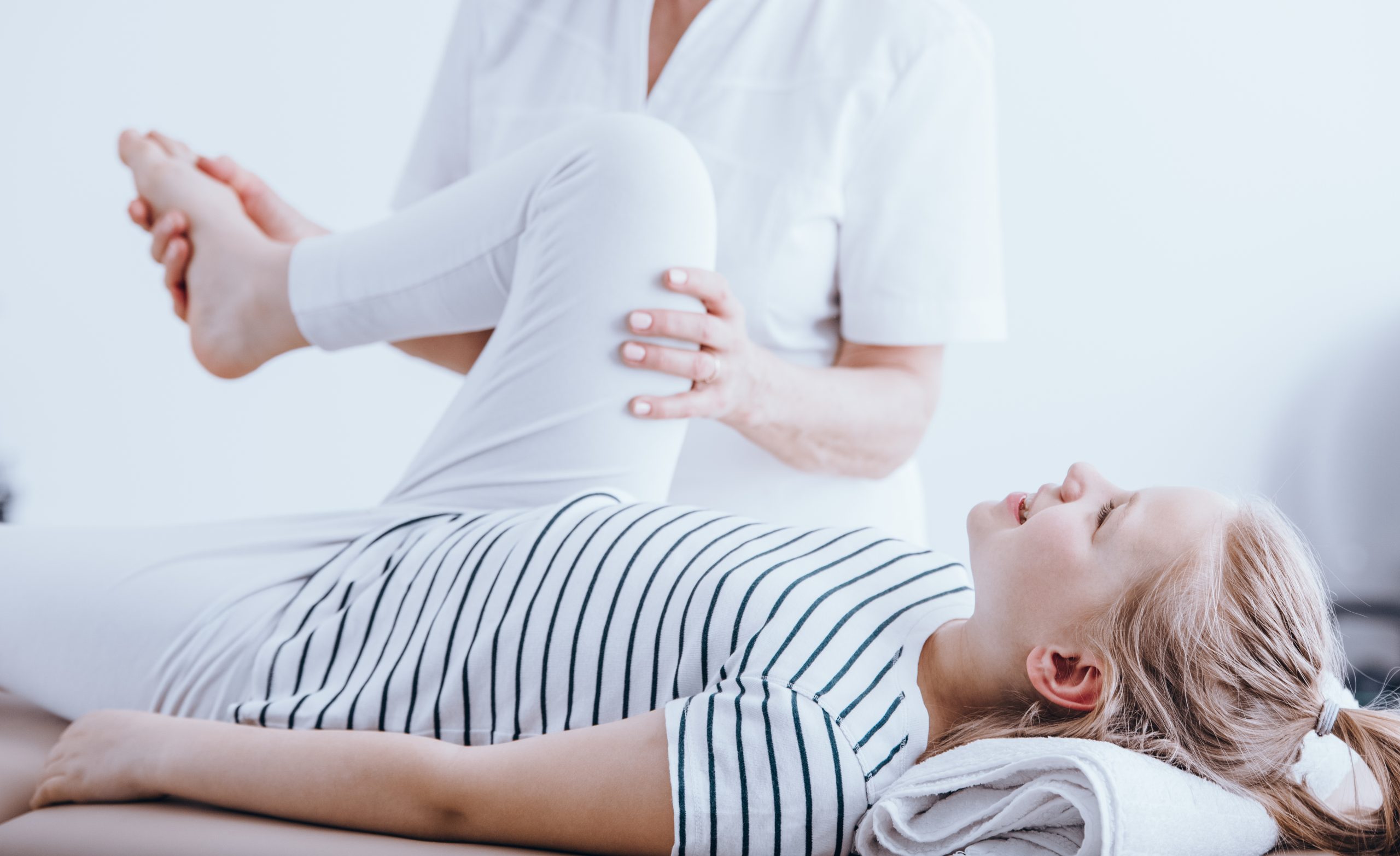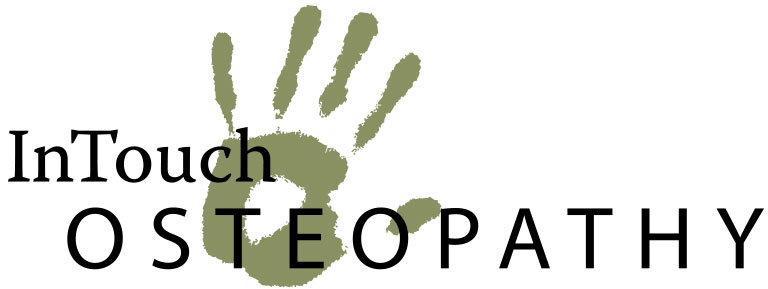As children grow, their musculoskeletal systems are constantly changing. It is true that in general young bodies are resilient and can withstand the frequent knocks and falls of childhood. However, it is important to consider the potential effect that an injury can have on a dynamic growing system. How might an unresolved injury alter the way new skills are learnt and therefore the way movement patterns and postural support are developed? Could an unresolved injury ultimately affect the way a child grows?
Better movement
can affect the way children
feel, learn, and grow
Milestones such as rolling, crawling, walking, riding a bike, or developing handwriting skills are opportunities to observe the quality of your child’s movement. Difficulty transitioning into a new motor skill can be an indication that there is an issue with your child’s ability to move freely or comfortably. Osteopathic treatment can support your child to grow into healthy habits of free and coordinated movement.
It is important to note that babies can also show signs of strain or tension within their bodies. Osteopaths often relate movement limitations or tension pattens to strains from the birth process or awkward positioning during the later stages of a baby's prenatal growth.

Better movement
can affect the way babies
feed, sleep, and play
Osteopaths use a gentle hands-on approach to improve the mobility of joints, muscles and fascial tissues throughout the body. Osteopathic treatment for children is very gentle. It will only be carried out with consent from a parent/guardian and with age appropriate cooperation from the child.
Osteopaths enjoy working collaboratively with the other health professionals already involved in your child’s care. Where necessary they will also assist you to access other health services to help your child thrive.
Common reasons babies consult an osteopath:
- Check up after birth, particularly if any birth trauma was involved
- Unsettledness
- Challenges with sleep / wake cycles
- Difficulties with feeding and latching
- Head turning preference to one side
- Torticollis
- A flat spot on the head (plagiocephaly)
- Challenges with tummy time, rolling or crawling
- Challenges with walking development
- Musculoskeletal check ups
Common reasons children consult an osteopath:
- Postural issues
- Headaches or migraine
- Concussion
- Injuries
- Toilet training support
- Growing pains
- Digestive issues including constipation, diarrhoea, and soiling
- Developmental concerns associated with attention, emotional regulation, and physical coordination
- Musculoskeletal check ups
If you have any questions
about how osteopathy may be able to help your child,
please get in contact.
